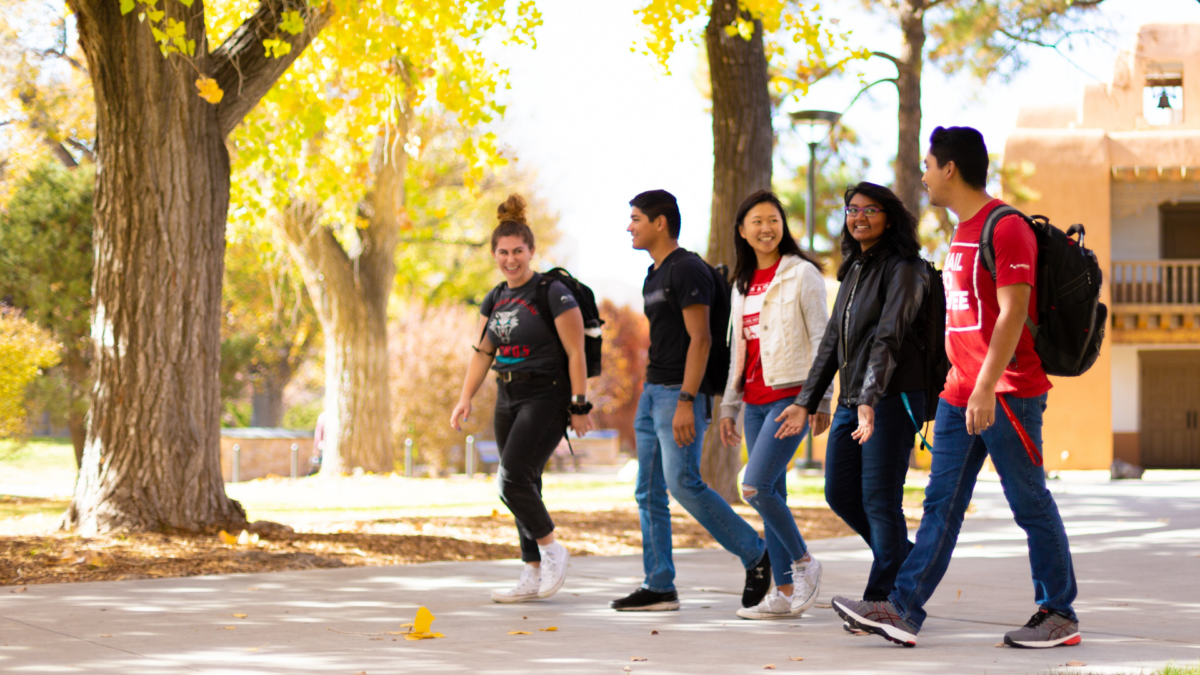College Opportunities for Low-Income Washington State Students Show Significant Increase Through Bill & Melinda Gates Foundation Scholarship Program
Published May 13, 2014
Washington, D.C., March 30, 2010—When low-income students in Washington State continued to encounter multiple barriers—academic, social, and financial—in their pursuit to graduate from high school and access college, the Bill & Melinda Gates Foundation responded by forming a unique partnership between the College Success Foundation and 16 high schools throughout the state. The collaborative initiative established the Washington State Achievers (WSA) program in 2001 to address four critical problems: (1) low postsecondary enrollment, (2) insufficient college preparation, (3) lack of affordability, and (4) a shortfall in the state’s college-educated citizenry. In addition to providing scholarships, programmatic components of WSA include early college awareness activities, high school redesign and reforms, and mentoring.
In a new synthesis report, Expanding Access and Opportunity: The Washington State Achievers Program, the Institute for Higher Education Policy’s (IHEP) extensive summary of multiple studies conducted on the WSA program revealed promising practices to improve the educational outcomes for all low-income students. Research showed that pre-college interventions are needed to touch on all barriers facing low-income students when they attempt to obtain a baccalaureate degree. For example, in Washington State, the WSA program’s high school reform component includes decreasing class size, creating a personalized learning environment, and adjusting teaching styles and curricular requirements—all of which led to improvements in the number of students ready for college.
"The WSA program serves as an impressive example of reaping benefits brought about from a community coming together—with major support from the Bill & Melinda Gates Foundation—to support students who need the most help when attempting to earn a baccalaureate degree," said IHEP President Michelle Asha Cooper, Ph.D. “With the current national interest focused on finding innovative programs that show results, the WSA program offers a working model to create more successful, comprehensive initiatives dedicated to meeting the academic and financial needs of all low-income students as they move through the educational pipeline."
To become a WSA participant, eligible low-income students (proven through their family income level) must attend one of the participating high schools, actively prepare for admission to a postsecondary institution, plan to obtain a bachelor’s degree, and plan to attend an eligible public or independent college or university in Washington. Each student must submit a written application that includes personal essays and teacher recommendations. Selected applicants then participate in a daylong workshop with group and individual interviews.
To date, more than 5,000 Washington State students have received scholarships from the WSA program. By the program’s end in 2016, the Bill & Melinda Gates Foundation will have contributed nearly $128.6 million in scholarships and school reform funding.
For more information about the Washington State Achievers program, visit the College Success Foundation’s Web site at www.collegesuccessfoundation.org. To download a free copy of Expanding Access and Opportunity: The Washington State Achievers Program or for more information about IHEP, visit the organization’s Web site at www.ihep.org.


